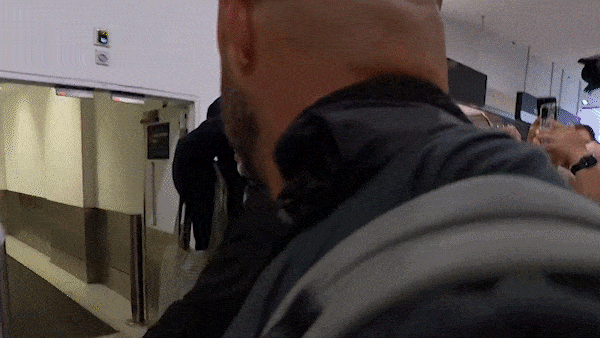Reputation Management in the Automotive Salvage Industry

If your car is totaled, not running, or too expensive to fix, you’re not stuck—you’re sitting on money. A reputable automotive salvage yard can turn that vehicle into cash quickly, help you clear debt, and take the paperwork off your plate. The key is choosing a buyer you can trust.
Why Reputation Matters to You (the Seller)
A good name isn’t just an industry trophy—it directly affects your payout and your experience. Especially when you want to sell a damaged car
What strong-reputation yards typically offer:
- Immediate cash or same-day payment. No waiting weeks to “see what it’s worth.”
- Debt relief options. Convert a non-running car into money you can use to pay down a card, loan, or unexpected bill.
- No-hassle logistics. Free towing/pickup and title transfer guidance so you don’t lose time or make costly mistakes.
- Transparent quotes. Clear breakdowns of how condition, title status, and components impact price—so you’re not lowballed.
- Responsible recycling. Your old car is processed the right way; valuable parts are reused, and hazardous materials are handled safely.
Bottom line: yards that protect their reputation compete on fairness and speed. That’s good for your wallet.
How to Maximize Your Payout in 15 Minutes
- Gather basics first. VIN, title status, mileage, trim/options, and a few photos (front, rear, interior, engine bay if possible).
- Get 2–3 quotes—same day. Use the same info each time so you can compare apples to apples.
- Ask for line items. “What’s driving your number—catalytic converter, engine condition, demand for my model’s parts?”
- Confirm fees. Towing, title transfer, and any admin costs should be included or clearly stated.
- Choose payment method. Cash, Zelle, or cashier’s check on pickup. Avoid “we’ll mail it later.”
Red Flags That Cost You Money
- Vague quotes (“around $X”) with no written confirmation
- Pushy upsells or sudden last-minute deductions at pickup
- Refusal to explain pricing or verify title steps
- Poor reviews with patterns: “bait-and-switch,” “no-show,” “price changed on arrival”
What a Transparent Process Looks Like
- You submit details (VIN, condition, photos).
- You receive a firm offer with what’s included (towing, title help, timeline).
- Pickup is scheduled—often within 24–48 hours.
- Driver inspects to confirm condition matches your description.
- You get paid on the spot and sign the title; they handle the rest.
“Money-Making” Scenarios That Surprise Most Sellers
- Catastrophic repair estimate? Stop sinking cash—salvage value can cover part of your next car or wipe out a small balance.
- Old project car or flood loss? Even non-runners have parts demand (doors, glass, modules) that translate to real offers.
- Extra wheels, stereo, or accessories? Ask if they increase payout; documented add-ons can bump your quote.
- Insurance totaled it but you kept it? You can still sell it for cash—disclose the title status to get a clean, realistic offer.
Quick Math: How Selling Helps Your Budget
- Eliminates carrying costs (insurance, storage, tickets, HOA violations).
- Creates immediate liquidity to pay down high-interest debt.
- Reduces risk of further depreciation or vandalism if it’s sitting outside.
Reviews = Your Shortcut to a Better Deal
Before you accept an offer, scan reviews for:
- Consistent same-day payment and no surprise fees
- On-time pickups and courteous drivers
- Clear title guidance (especially if you’re missing paperwork or have a lien release)
Treat reviews like a filter: if the story is “fast, fair, and as promised,” you’re likely looking at a yard that protects its reputation—and your payout.
Common Questions
Do I need a title?
A title simplifies everything and usually yields a better offer. If you don’t have one, ask what alternatives are legal in your state (duplicate title, proof of ownership). Reputable yards will walk you through it.
Will they really pay what they quoted?
A reputable buyer will—provided the car matches your description. Share accurate photos to lock in your number.
What about the environment?
Trusted operators recycle fluids and parts responsibly. You get paid, and your vehicle is reused instead of wasted.
The Takeaway
If you want cash fast and a clean exit from a problem car, reputation is the lever that moves everything: speed, payout, and peace of mind. Get a firm, transparent quote from a well-reviewed salvage yard, confirm that towing and paperwork are included, and get paid on pickup. Do it once, do it right—and turn a dead asset into money that actually helps you.
The post Reputation Management in the Automotive Salvage Industry appeared first on Entrepreneurship Life.























































